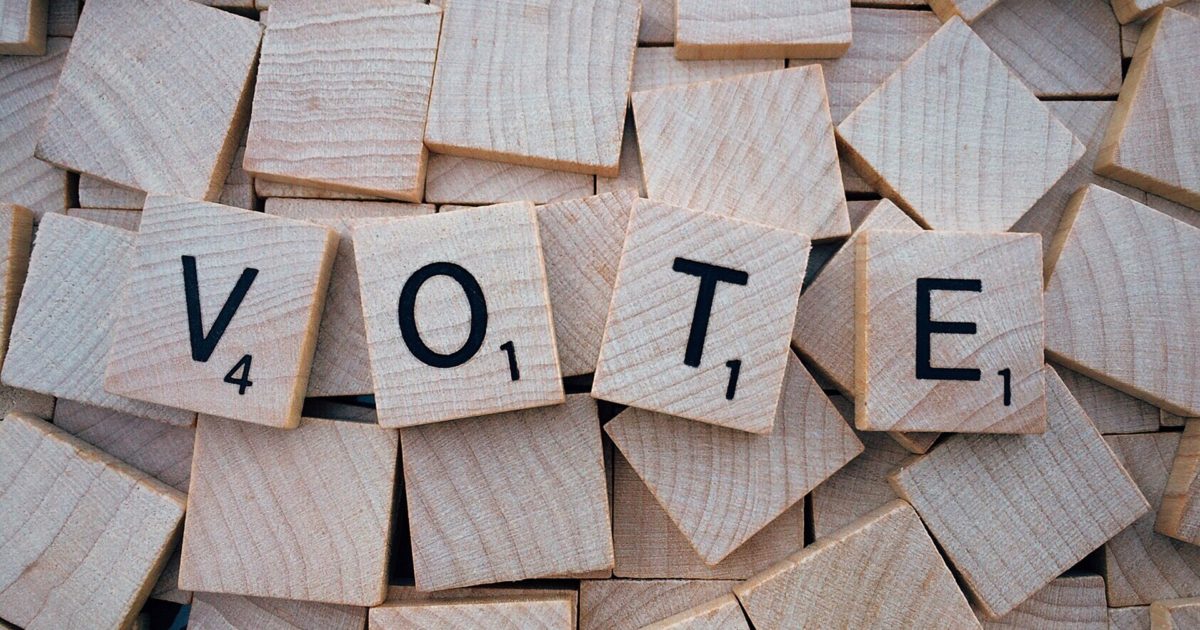Robin Vos Republicans: ‘Too Many People Voted’

MADISON, Wis. — Scot Ross, One Wisconsin Institute Executive Director, released the following statements and information on the reported attacks on early voting planned by Republicans in their lame duck legislative session.
“Early voting is legal across Wisconsin. Early voting is popular across Wisconsin. The evidence is clear: more than 565,000 people early voted in the November 2018 election. Wisconsin Republicans have time and again tried to rig the rules on voting to give themselves an unfair partisan advantage. Now, after losing every statewide office on the ballot, they’re at it again.
“On the heels of record midterm election turnout, driven in large part by record early voting, Republicans are trying to change the law to keep people from voting. We took these Republicans to court over their previous attack on early voting and they lost when a federal judge found the restrictions on early voting they adopted were unconstitutional and discriminated on the basis of race.”
The Judge’s order found the limitation of the early voting window to 10 days, the limitation of hours, elimination of weekend voting and the one site rule, to be unjustified, and enjoined the restrictions, thus restoring localities’ discretion to have a longer periods of early voting and longer hours, and of course more than one site. If they pass a law that restricts any of that, they are really thumbing their nose at the Judge’s order.
The notable excerpts from Judge James Peterson’s decision in One Wisconsin Institute v. Thomsen related to early voting.
“I find that 2013 Wis. Act 146, restricting hours for in-person absentee voting, intentionally discriminates on the basis of race. I reach this conclusion because I am persuaded that this law was specifically targeted to curtail voting in Milwaukee without any other legitimate purpose. The legislature’s immediate goal was to achieve a partisan objective, but the means of achieving that objective was to suppress the reliably Democratic vote of Milwaukee’s African Americans.” Opinion at 6.
“Act 23 was the first in a series of election reforms that the Republican-controlled legislature passed between 2011 and 2014. None of these laws made registration or voting easier for anyone, but they had only minimal effect on less transient, wealthier voters. For reasons explained more fully below, the stated rationales for many provisions of Act 23, and for the election laws that followed it, were meager. Accordingly, in light of the record of the case as a whole, the conclusion is nearly inescapable: the election laws passed between 2011 and 2014 were motivated in large part by the Republican majority’s partisan interests.” Opinion at 36-37.
“Based on the evidence that plaintiffs have presented, the court finds that Wisconsin’s restrictions on the hours for in-person absentee voting have had a disparate effect on African Americans and Latinos. The court also finds that the legislature’s justification for these restrictions was meager, and that the intent was to secure partisan advantage. Finally, the court finds that the legislature specifically targeted large municipalities—Milwaukee in particular—intending to curtail minority voting. Combined, these findings lead the court to further find that the legislature passed the provisions restricting the hours for in-person absentee voting motivated in part by the intent to discriminate against voters on the basis of race.” Opinion at 45.
